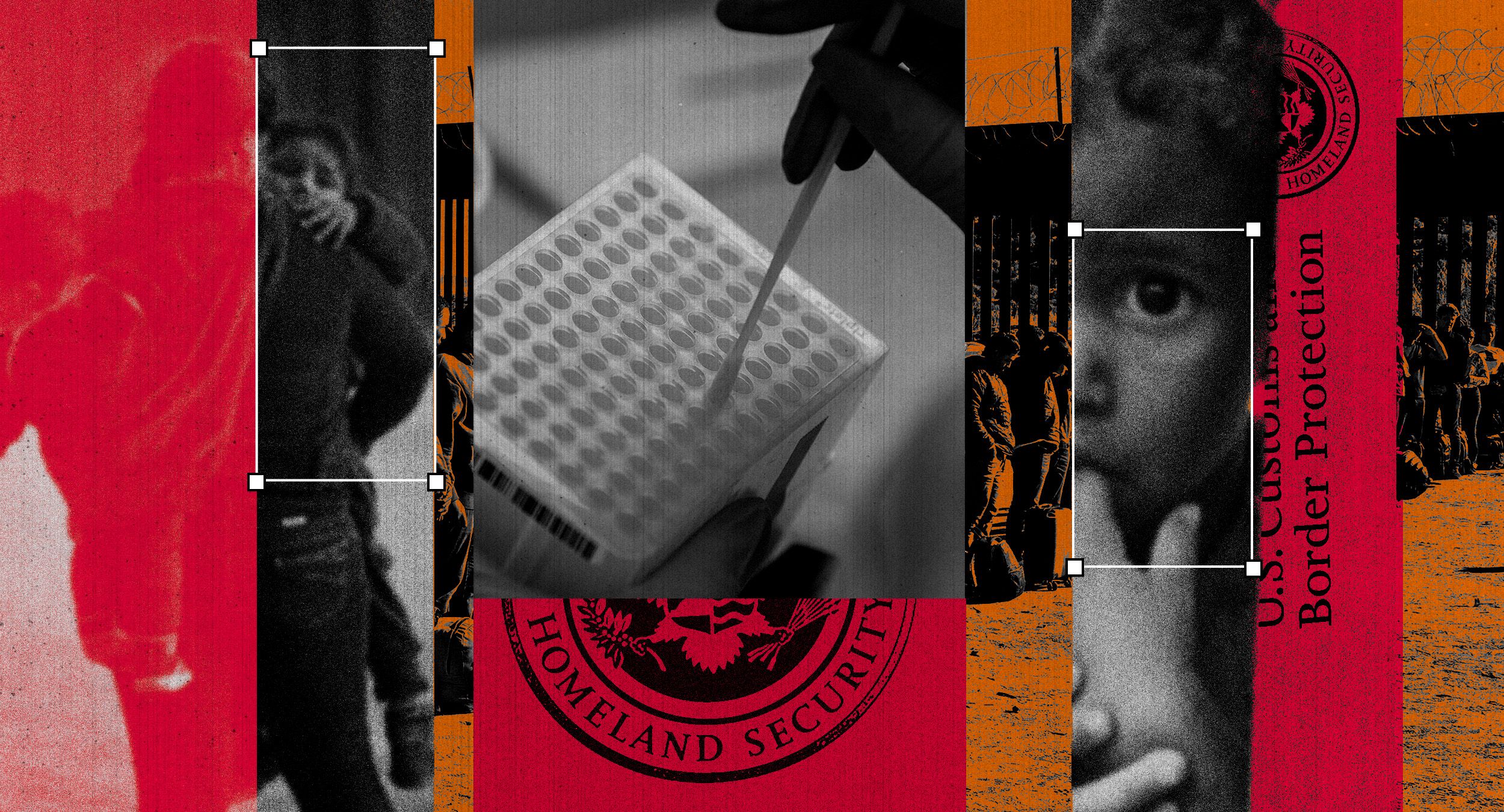CFPB Quietly Kills Rule to Shield Americans From Data Brokers
CFPB Quietly Kills Rule to Shield Americans From Data Brokers
Recently, the Consumer Financial Protection Bureau (CFPB) made a decision to quietly kill a rule that would have…

CFPB Quietly Kills Rule to Shield Americans From Data Brokers
Recently, the Consumer Financial Protection Bureau (CFPB) made a decision to quietly kill a rule that would have helped protect Americans from the invasive practices of data brokers.
The rule, which was originally proposed in 2019, aimed to give consumers more control over their personal information by requiring data brokers to provide them with access to the data collected about them and allowing them to correct any inaccuracies.
This move by the CFPB has raised concerns among privacy advocates and consumer rights groups, who argue that it leaves Americans vulnerable to having their sensitive information bought and sold without their knowledge or consent.
Many believe that the decision to scrap the rule was made quietly in order to avoid public backlash, as data privacy issues have become increasingly important to consumers in recent years.
Without the protections that the rule would have provided, Americans may have a harder time safeguarding their personal information and preventing it from being exploited by data brokers for profit.
It is unclear why the CFPB decided to abandon the rule, as it had widespread support from privacy advocates and consumer rights organizations.
Some speculate that pressure from the data brokerage industry may have influenced the decision, as they stand to lose profits if forced to operate under stricter regulations.
Overall, the CFPB’s move to kill the rule raises questions about the agency’s commitment to protecting consumers and their privacy rights in an increasingly digital world.
Without proper regulations in place, Americans may find themselves at the mercy of data brokers who prioritize profit over the protection of personal information.




